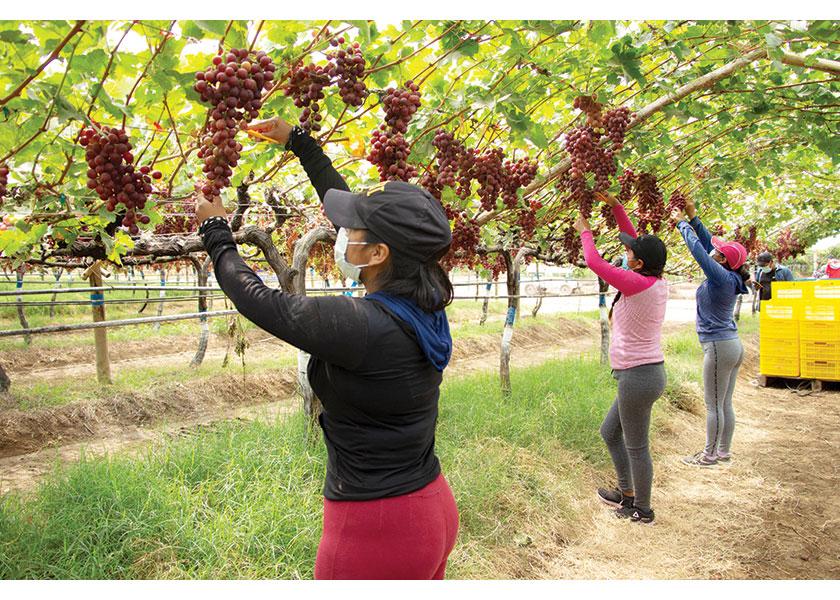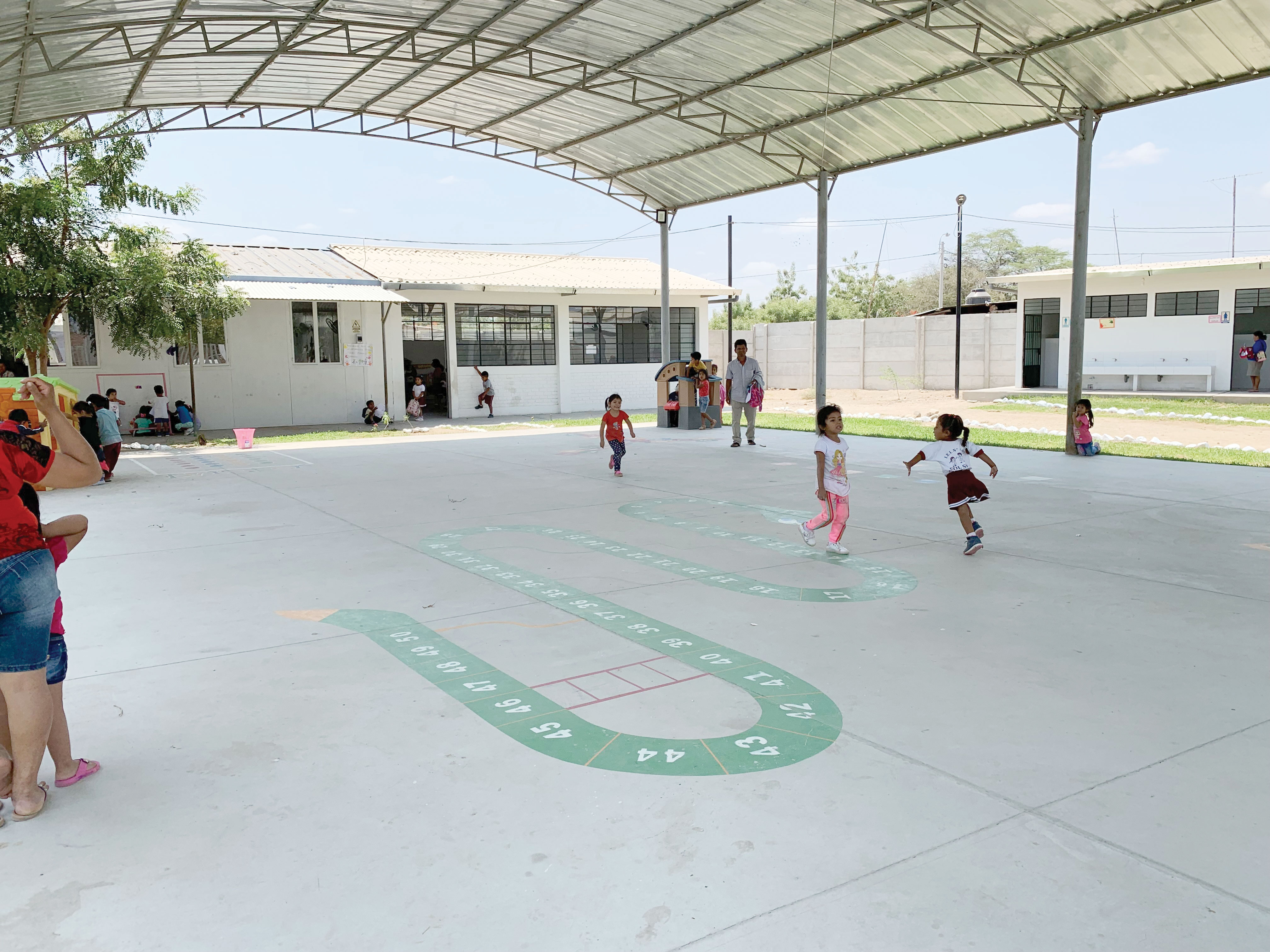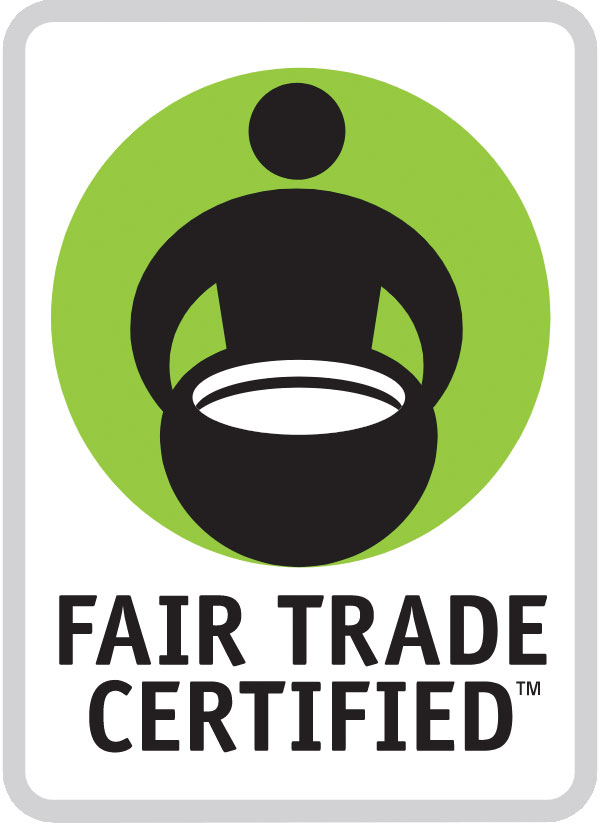Awe Sum Organics stresses fair trade

Santa Cruz, Calif.-based Awe Sum Organics has made the workers who grow and harvest the company’s products a top priority.
The firm’s growers have been fair trade certified first through Fair for Life and more recently through Fair Trade USA since 2015, said David Posner, founder, CEO and president of Awe Sum Organics.
Through the fair trade programs, the company funds a wide range of social projects with premiums collected through the sale of organic grapes from Peru, organic pears and organic apples from Argentina and organic apples from Chile.
“We sell their fruit and then return social premiums to the local communities,” Posner said.
The social premiums support community development projects such as education, nutrition, infrastructure, health care, flood damage relief and, most recently, help with various issues within the communities caused by the COVID-19 pandemic.

Posner said it’s important for Awe Sum Organics to participate in fair trade programs because they ensure fair prices for their growers’ fruit, profitability for their growers and living wages and community benefits for workers, farmers and their families.
“Fair trade benefits the developing countries because proceeds are spent on education, health care and environmental sustainability in the communities in which our produce is grown,” he said.
Workers prefer to work with fair trade growers because of the investment in projects that improve the community and improve the livelihoods of farmers and workers, he said.
“Fair Trade is known for its ethical and transparent recruiting, timely payment of wages, grievance procedures, no child or forced labor, safe housing for workers, rest and meal breaks, paid sick and maternity leave, personal protective equipment, preservation of ecosystems,
prohibition of most harmful chemicals and training in water and waste management,” Posner said.
Fair trade certification assures retailers and consumers that their products come from farms with sustainable social and environmental practices and provides an opportunity to give back to the farming communities that grow their products.

Consumers support ethical practices and sustainable livelihood for workers and farmers by paying a fair trade premium.
Typically, 75 cents to $1 is added to each box of fair trade produce, Posner said.
How fair trade premiums are spent to benefit the community in the developing countries is decided by a democratically elected body that represents fair trade premium participants, he said.
Fair trade programs have been well received by retailers and consumers, Posner said.
“Forward-thinking retailers are interested and excited to participate in fair trade for both financial and ethical reasons,” he said.
Retailers can expect a sales lift of more than 3% when they add the Fair Trade Certified seal to a product on the shelf, he said.
“Shoppers recognize and value the Fair Trade Certified seal as an opportunity to drive positive change with every purchase,” Posner said.
One well-known national retailer says 75% of its shoppers are aware of fair trade, and 34% of shoppers are more likely to purchase fair trade certified products, Posner said.
According to the 2017 National Marketing Institute’s Lifestyles of Health and Sustainability Report, 75% of millennials believe fair trade certification is important in their purchase decision, he said.
And one in three U.S. consumers would be more likely to buy a product if it was Fair Trade Certified, with 72% of consumers willing to pay more for fair trade products, according to the report.
Related articles:
Focus on health spurs organic fruits and vegetables retail growth
GOPEX offers in-depth look at organic numbers, trends
U.S., U.K. reach organic equivalency agreement







